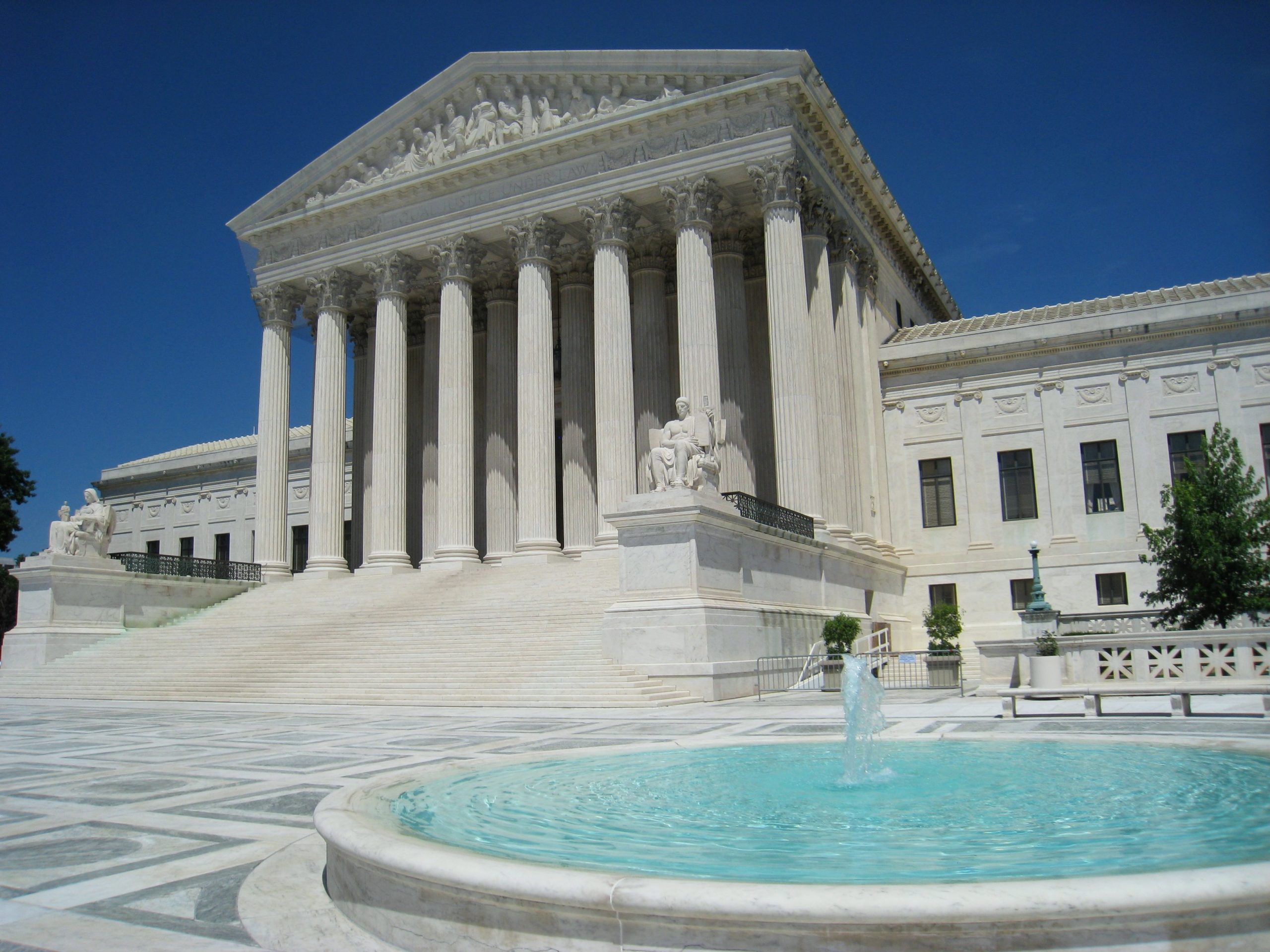
Supreme Court Associate Justices Clarence Thomas and Samuel Alito have warned that New York State’s restrictive new concealed carry law raises “serious” constitutional questions and “presents novel and serious questions under both the First and the Second Amendments,” according to the Washington Examiner.
Their remarks were reportedly contained in a letter attached to the high court’s order deferring cases to the U.S. Second Circuit Court of Appeals which challenge the Empire State’s new law. Those cases will be heard in March, the Examiner said. In November, U.S. District Judge Glenn Suddaby ruled components of New York’s “Concealed Carry Improvement Act” are unconstitutional under new guidelines issued in the Bruen ruling last June 23.
The Washington Examiner story said Alito and Thomas “made clear that the court’s denial was in no way ‘expressing any views on the merits’ of the challenges brought by firearms proponents; instead, it was to ‘reflect respect for the 2nd Circuit’s procedures in managing its own docket.’”
After the high court struck down New York’s century-old concealed carry statute—which required applicants for carry permits to provide a good cause to carry a defensive firearm—unconstitutional, the Democrat-controlled legislature in Albany scrambled to adopt an even stricter statute declaring many public places to be “sensitive locations” where firearms are prohibited, including business establishments where guns had bene previously allowed. The restrictive law was immediately challenged.
The Examiner story quoted Prof. Josh Blackman at the South Texas College of Law, who said these cases will take time to work through the legal system. In the meantime, neighboring New Jersey also has seen its new gun carry law hit a speed bump when District Judge Renee Marie Bumb put the law on hold with a temporary restraining order in a case brought by the Second Amendment Foundation.
In her opinion, Judge Bumb observed, “The State may regulate conduct squarely protected by the Second Amendment only if supported by a historical tradition of firearm regulation. Here, Plaintiffs have shown that Defendants will not be able to demonstrate a history of firearm regulation to support any of the challenged provisions. The deprivation of Plaintiffs’ Second Amendment rights, as the holders of valid permits from the State to conceal carry handguns, constitutes irreparable injury, and neither the State nor the public has an interest in enforcing unconstitutional laws.”
“This is another example of the important precedent found in language in the U.S. Supreme Court’s Bruen ruling last June,” said SAF founder and Executive Vice President Alan M. Gottlieb. “Clearly, New Jersey lawmakers have gone too far in crafting a law to get around the high court’s decision.”
“We are pleased that Judge Bumb recognizes the plaintiffs’ probability of success in challenging a law restricting the right to bear arms in public that has no basis in this country’s history or tradition.,” SAF Executive Director Adam Kraut concurred.
Prof. Blackman told the newspaper lower federal courts, especially in New York and New Jersey, are not going to like handling Second Amendment cases under the new Bruen guidelines, which no longer allow courts to balance Second Amendment requirements and state interests.